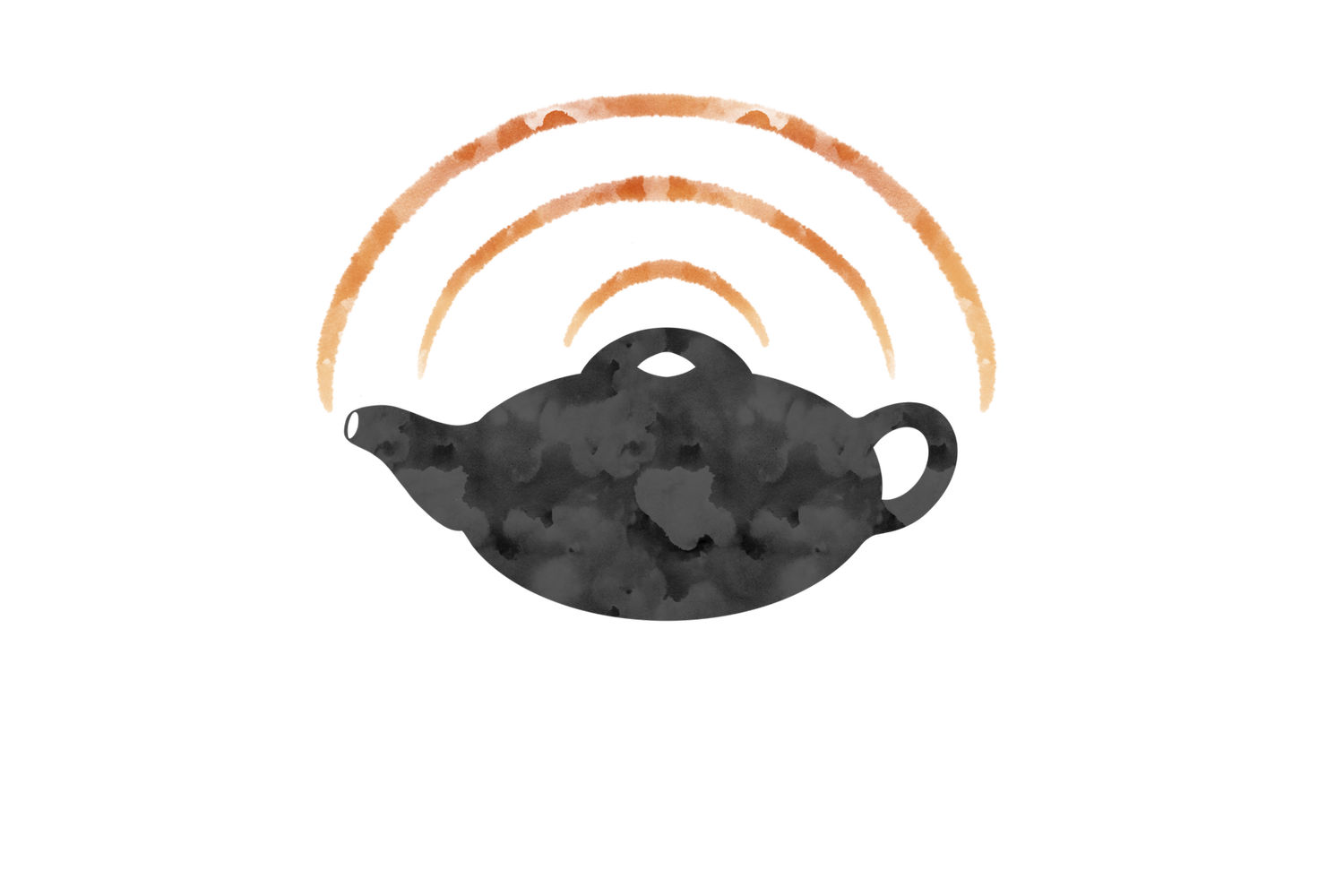What is Internalised Ableism?
Ableism means discrimination in favour of people who are not disabled (yet). We live in a society that is designed for pre-disabled people. This is systemic ableism. One of the many terrible and unfair consequences of systemic ableism is the attitude that disabled people are worthless: that they don’t deserve help, that they are lazy, and don’t contribute to society. When this attitude leaks into a person’s own self-talk and mindset, it’s called Internalised ableism. Internalised ableism shows up in both disabled and pre-disabled people—
Most people don’t even realise their attitude is ableist.
One form of internalised ableism is putting off getting a mobility aid because we feel ‘we don’t deserve it’ or ‘somebody else needs it more’ or ‘I’m not disabled enough’ or ‘I’ve failed if I have to use a walking stick’ or ‘I’m lazy if I use a wheelchair’ or ‘I won’t start using it because what if I can’t stop?’
There are many kinds of mobility aids, and I’d like to take this opportunity to say that ambulatory wheelchair users, or part time wheelchair users as they are sometimes called, do exist! Not everyone who uses a wheelchair is paralysed, and if you think you have to have a more ‘severe’ disability to ‘qualify’ for a mobility aid... ding ding ding! You have a case of internalised ableism! Don’t worry, I do too. I am an ambulatory wheelchair user which means I cannot walk long distances without excruciating pain. Did I always have a wheelchair I can independently use to help me with this? No! Partly because of systemic ableism (wheelchairs are super expensive) but also, yes, because of internalised ableism. I didn’t feel I deserved to invest in a more appropriate mobility aid, even though it would increase my quality of life, because I feel I should be stronger, and I don’t want to be stared at in public… but after years I have unlearnt this mindset! If you too are struggling with this know you are not alone.
Another way internalised ableism shows up is in how we perceive ourselves. If you are disabled, you are not only comparing yourself to other people like everyone else is, you are comparing yourself to a standard that was not designed with you in mind, a standard that, often, is purposefully designed to exclude you. We expect too much from ourselves, because we live in a society that expects us to work three times as hard to reach the same destination at the same time as a pre-disabled person. Internalised ableism often stops disabled people from looking after themselves, which can actually be fatal. Some disabled people end up hiding their disability, or suffer without asking for help, or don’t take medication, or don’t ask for support at work or school, often to the point where it is too late, and they have either worsened their health or died. I know this from first hand experience. I put off using a wheelchair for so long and put myself through so much pain. I masked my pain for so long that I lost my identity, because I was so wrapped up in being a palatable version of myself for everyone else. But now I am here, and I am telling you, you don’t have to fit in with ableist standards. Most pre-disabled people can’t (and certainly shouldn’t) meet the ridiculous expectations that capitalism has set up for them! Ableism benefits nobody, but accessible design and reducing discrimination helps everyone! For people who are not yet disabled, internalised ableism might look like pushing through being sick, avoiding mobility aids at all costs (often out of fear of looking ‘old’ or being ‘useless’) and working until you burn out.
Internalised ableism is entirely inappropriate. You don’t need to prove anything. There is no way to measure which disabilities are worse than others. You being here, living, surviving in a system that actively works against you isn’t just good enough, it’s incredible. The truth is everybody has different needs, it’s just that pre-disabled people’s needs are often automatically met, whilst the needs of disabled people often go entirely unnoticed and/or actively ignored. Disabled or not, nobody should ever be defined by their productivity! But that’s easier said than done. Especially in a system that prizes the work you produce and the monetary value you contribute above all else. So to start with, reframe how you see productivity. Because asking for help is productive. So is understanding that disability is not a competition! Looking after yourself is productive. Rest is productive. Rest in a system that actively encourages you to sacrifice your health for money or success or anything else, is revolutionary!
In short, the best thing you can do right now is unlearn internalised ableism! And it’s productive, because you are producing a mindset that will help us all move towards a more equitable society. You are not alone, and you are deserving of love, respect, and help.

